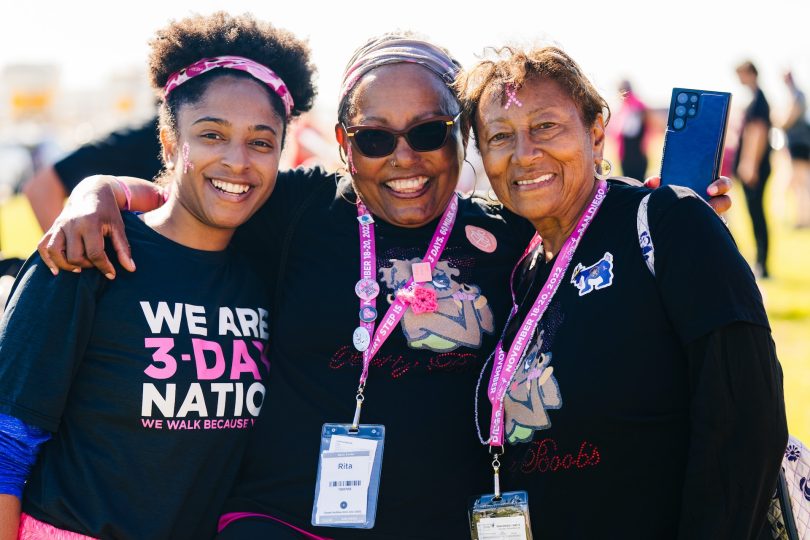Making healthy lifestyle changes is a good place to start. The key is focusing on health factors that are in your control instead of worrying about risks that you can’t control.
- Eat a healthy diet. Good nutrition is one of many factors that can affect the immune system and your overall health. Fill your plate with vegetables, fruits, lean protein and whole grains. “Eat the Rainbow” is a phrase that is used to encourage the consumption of a variety of different colored fruits/vegetables. By eating a variety, you are more than likely to meet the recommended amount of vitamins and minerals. For example, green foods contain vitamin K and fiber while red/orange/yellow contain Vitamin C, Vitamin A, and potassium. Also, make sure that you are getting enough calcium and vitamin D in your diet. Fortified milk, yogurt, and cheese are great sources of these and they are part of the dairy food group.
- Get exercise. Getting back into an exercise routine (or starting one) can be very beneficial for survivors. Talk to your doctor before starting an exercise regimen and start slowly. Aim for 150 minutes of aerobic activity every week, as well as strength training exercises at least two days a week. If you are currently not physically active, start making small changes now like parking further away, taking the stairs instead of the elevator, or walk during TV commercials. A few benefits of physical activity includes preventing muscle loss, supports bone health, and improve your quality of life.
- Limit or avoid alcohol. Women should limit alcohol consumption to no more than one drink per day. Research suggests that women who drink regularly (two to five drinks daily) have a higher risk of breast cancer compared with women who drink one drink per day or none. Portion sizes are also very important when it comes to consuming alcohol. What counts as one drink? 5 ounces of wine, 12 ounces of beer/hard cider, 8 ounces of an alcohol cooler, and 1.5 ounces of liquor. Sparkling water or infused water/tea are great alternatives to alcohol.
- Don’t smoke. Smoking and chewing tobacco increase your risk of many kinds of cancer. Quitting helps to reduce your risk of cancer returning. Your doctor can help you devise a plan to quit smoking. Did you know that food can actually taste better when you quit smoking? This is because smoking tends to dull your taste buds.
- Seek support. Coping with changes after treatment can be stressful, and some breast cancer survivors experience feelings of depression. Talk to your doctor if you’re feeling stressed, anxious or depressed. Join a support group for cancer survivors, and reach out to friends and family for social support as well.
The Georgia Cancer Center dietitians are now providing a monthly Breast Cancer Survivorship Nutrition Class to discuss the above topics more in depth. This class is held the third Friday of every month at noon and only costs $28. Great resources are provided during the class such as recipes, ways to access local produce in the CSRA, and debunking nutrition myths. You are allowed to bring one guest with you to the class as well. Feel free to reach out to your medical team to request assistance with signing up for this class.


